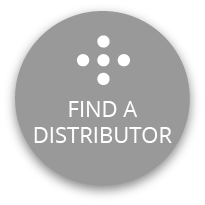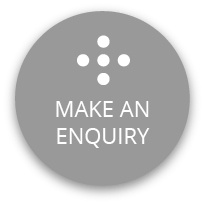

.jpg)
04/04/2022
TSG Talk - Practical approaches to a multiple casualty event (MCI)
An MCI refers to an incident where emergency medical services are on-hand to respond to an event with multiple casualties, depending on the figures it can lead to exceeding resources available.
In a recent episode of our podcast, TSGTalk, Senior Partner, Colin Smart, spoke to AJ Heightman about some practical approaches to an MCI.
Communication is key
Communication is vital when managing an MCI, and therefore must be carefully managed.
“Well, it's always communications first. If anything fails, it's communications or too much communications, or verbal diarrhoea. So, communications is always an area that has to be carefully managed. Keep everybody off the radio that doesn't belong on the radio. We're so used to getting on the radio and letting everybody know where we're at. I don't need to know that when I'm calling in 20 ambulances. When you arrive on scene, staging will know you're there. You don't have to be telling me over the radio that you're three blocks away. I don't need to hear that.”
AJ then explains the importance of knowing your roles in an MCI and especially understanding triage and staging.
“I'll tell you where to park. I'll tell you what your job is. I'll tell you where to put your equipment and where the equipment stockpile area is. I'll tell you where rehab is. We orchestrate it like it's a big orchestra going on and it is my party. I don't care who you operate on - if I invite you to my party, you do what I want you to do.”
Notify your nearest hospital as soon as possible, and sometimes more than one will need to be made aware. Dependent on the scale of the incident, they need the maximise the time available so that they can identify the amount of resources they’ll have at their disposal to assist in the care of those injured upon arrival.
“The other thing is, notify your hospitals early. In Oklahoma City, they were only five minutes from the hospital. The hospital wasn't even notified until five people showed up in the back of a pickup truck. What's going on?? I want all hospitals notified. Hospital one, you're five minutes from the scene. Hospital two, you're 20 minutes from the scene. And you know - what I just told you is the ETA.”
The importance of checklists
Checklists can be utilised as an important part of preparing for an MCI as well as any aspect of providing medical care, as it gives those involved a sense of what needs to be prioritised and followed before heading out to the scene. People forget that checklists are extremely important. If you're going to teach, do a checklist of everything that you plan on teaching and systematically how it should be done. I have checklists that I can send anybody, and you should really follow it and teach a class just by going through the checklist as it prioritises things.”
Not only are checklists important for knowing what to follow, but it also gives you a far better understanding of what is required from you when caring for injured casualties. This is a technique that can be applied across many different professions.
“I often look at aviation as being a good standard in communications and crisis management. We see the pilot with a checklist as soon as there's any tension. You know they're a simple thing, they're inexpensive but we know they work. So, it never has to be rocket science.”
What advice would you give our listeners?
AJ lastly explained his tips for how to improve future care.
“You just write a list of all the things that you know. Or go to any of the textbooks and things about staging and put that puzzle together. You know what's really most important? Well, telling the hospitals might be important. So I'm going to put that high on the list, checklists, wearing vests and colour coding are also important. Make sure you understand command and crew resource management. You have to be authoritative without being obnoxious, but just say to somebody, this is what you're going to do.”
Find out more
Click here to listen to the full TSG Talk episode featuring AJ Heightman, to find out more about life-saving solutions, please call TSG Associates on 01422 557841 or email us at info@tsgassociates.



%202.png)






